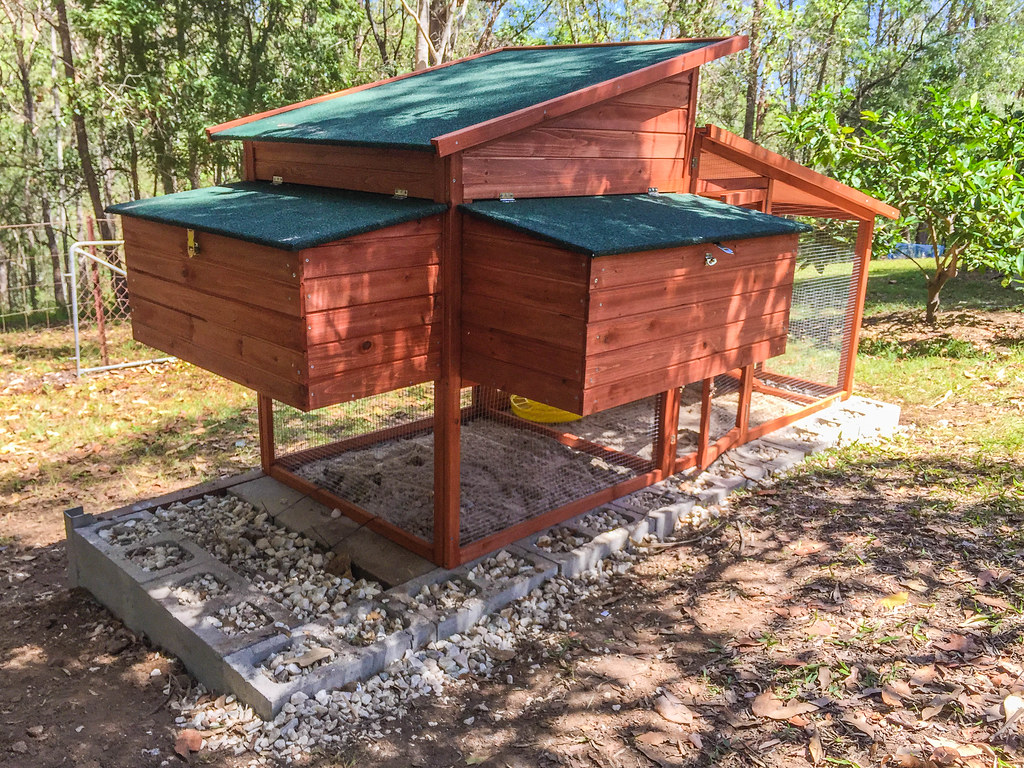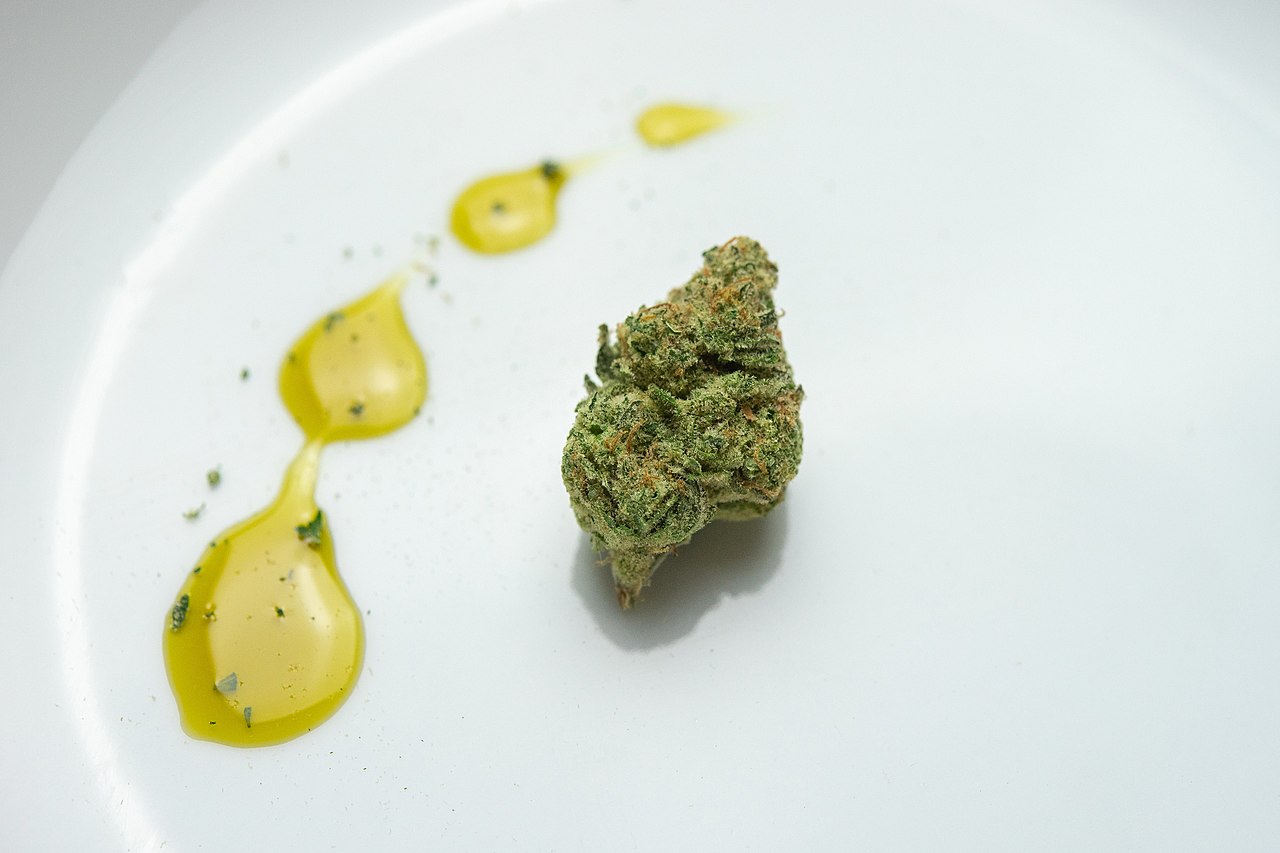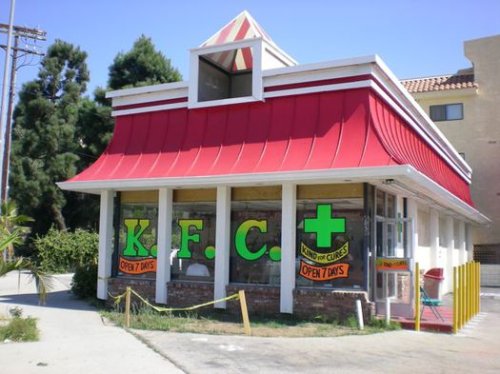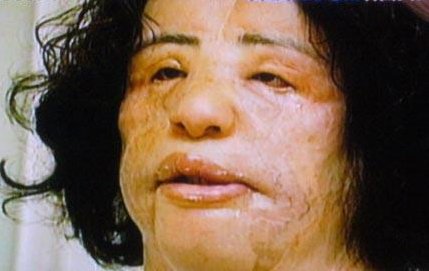I don’t know how I missed this one, but according to Vice Mag, buying nuclear warheads is not as difficult as one would think.

The biggest security threat to the international community isn’t a runaway jumbo jet, a can of powdered anthrax, or even a Korean ICBM. The thing that’s going to kill us all within the next five years is a dirty bomb: a small, portable, self-detonating nuclear device, usually fueled with misappropriated post-Soviet-era radioactive materials.
When the Soviet Union collapsed, various sources of radioactive materials – from plutonium to radiotherapy isotopes – started disappearing. Most of the newly independent former Soviet states were more concerned with necessities like TP and food to worry about what was going on with their nuclear materials. This stuff would end up on the Eastern European black market, and disgruntled ex-Soviet scientists who needed cash would turn them into lightweight explosive devices.
…the Bulgarian emailed Jordanov out of the blue, itemizing a number of arms he had stumbled upon that were for sale. On that list was, among other things, a nuclear device called the Howitzer 152mm artillery tactical shell….
…He checked it out, and reported that the device was the detonator for a nuclear missile. It was the top of three component parts and it contained by far the most deadly payload, filled with pure plutonium rather than the uranium nuclear blend that made up the rest of the bomb…
Russian slums, Bulgarians, nukes, French journalists on the run… crazy shit. Here’s a video on Bulgaria and black market capitalism:
Wiki confirms that the Soviet Army possessed a 152-mm nuclear shell.
Global Security on Bulgaria:
According to the declassified version of a 1995 Defense Intelligence Agency report, “Chemical Agent Threat Current and Projected,” Bulgaria has a stockpile of chemical munitions of Soviet origin, but no indigenous production capability. Details of the stockpile have not been released. The current status of Bulgaria’s capability is unknown.
As part of its efforts to safeguard potentially weapons-useable atomic material, the United Nations nuclear watchdog assisted Bulgaria with the removal of highly-enriched uranium stored at a shut-down research reactor in Sofia. The substance, which was 36 per cent enriched and took the form of fresh fuel, was airlifted in December 2003 to Russia, the original supplier, according to the International Atomic Energy Agency (IAEA). Agency safeguards inspectors monitored and verified the packaging of the fuel, which Moscow says it will re-fabricate into low-enriched uranium.
The United States Department of Energy funded the removal under a cooperative US-Russia-IAEA programme called the Tripartite Initiative which aims to further nuclear non-proliferation. The Tripartite Initiative facilitates the return of both fresh and spent fuel from Russian designed research reactors abroad. The Sofia uranium was originally supplied by Moscow in the 1960s. There are currently about 80 research reactors around the world that still have potentially weapons-grade high-enriched uranium subject to international control.
Bulgaria is a member of the European Union and NATO.







